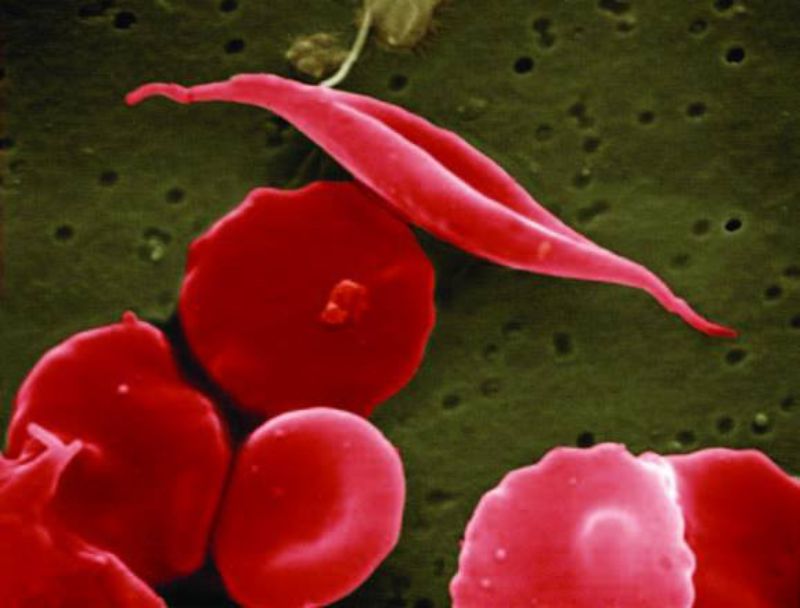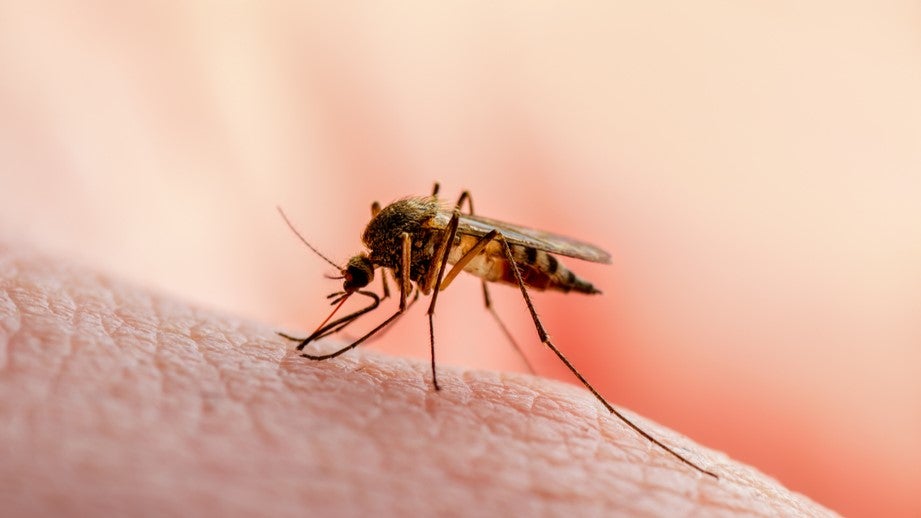
Biopharmaceutical firm Imara has started dosing patients in the Phase IIb Ardent clinical trial of IMR-687 to treat adults with sickle cell disease (SCD).
IMR-687 is a selective small molecule inhibitor of PDE9, which degrades cyclic guanosine monophosphate (cGMP).
Lower cGMP levels in SCD patients could lead to reduced blood flow, increased inflammation and cell adhesion, and decreased nitric oxide mediated vasodilation.
Inhibition of PDE9 is expected to increase cGMP levels, which is related to reactivation of fetal hemoglobin (HbF). Increased levels of HbF in RBCs are known to improve symptomology and mitigate disease burden in SCD patients.
The global, randomised, double-blind, placebo-controlled, multi-centre Phase IIb trial will assess the drug in about 99 patients.
The primary efficacy objective is the proportion of patients with HbF response, determined as a rise of 3% in HbF from baseline to week 24 compared to placebo.
How well do you really know your competitors?
Access the most comprehensive Company Profiles on the market, powered by GlobalData. Save hours of research. Gain competitive edge.

Thank you!
Your download email will arrive shortly
Not ready to buy yet? Download a free sample
We are confident about the unique quality of our Company Profiles. However, we want you to make the most beneficial decision for your business, so we offer a free sample that you can download by submitting the below form
By GlobalDataParticipants will receive the treatment for 52 weeks.
Planned secondary and additional exploratory endpoints of the trial include the effect on HbF-associated biomarkers, indices of red cell hemolysis, white blood cell adhesion, quality of life, and the incidence of VOCs over one year duration.
The company also intends to perform a pre-specified interim analysis when 33 patients reach 24 weeks of treatment.
After completing 52 weeks of treatment, patients will be eligible to participate in an open-label extension study.
Imara president and CEO Rahul Ballal said: “Specifically, the 300mg and potentially 400mg dose levels to be administered in the Ardent trial are designed to provide meaningful exposure to IMR-687 that could be up to two-fold higher than administered in our ongoing Phase IIa clinical trial.
“We believe that this increased exposure could have a meaningful impact on the therapeutic effect of IMR-687 on patients enrolled in this trial.”
Top-line results from the Phase IIa study are expected to be available in the fourth quarter of this year.







